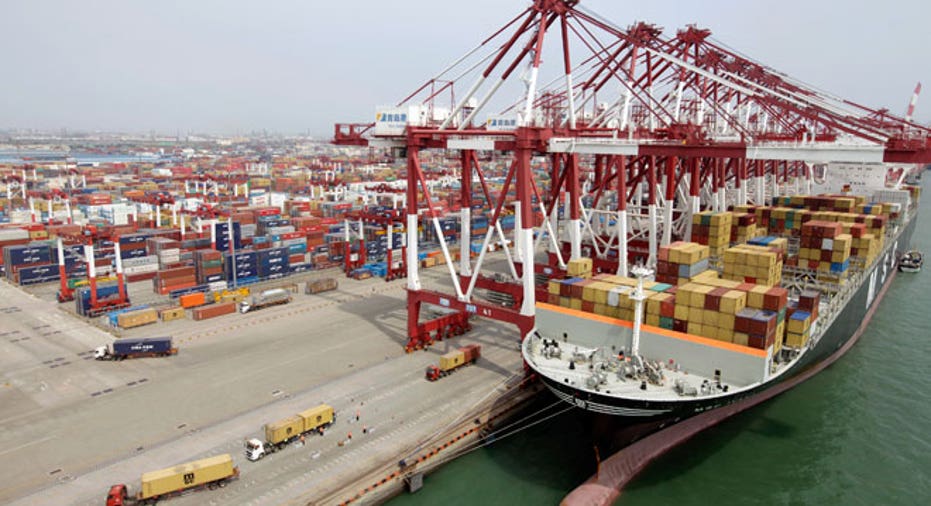World Bank Cuts Global Economic Outlook Despite Oil Price Drop

The World Bank on Tuesday lowered its global growth forecast for 2015 and next year due to disappointing economic prospects in the euro zone, Japan and some major emerging economies that offset the benefit of lower oil prices.
The global development lender predicted the global economy would grow 3 percent this year, below a forecast of 3.4 percent made in June, according to its twice-yearly Global Economic Prospects report.
World GDP growth will reach 3.3 percent in 2016, as opposed to a June forecast of 3.5 percent, before dipping to 3.2 percent in 2017, it said.
"The global economy is at a disconcerting juncture," World Bank chief economist Kaushik Basu told reporters. "It is as challenging a moment as it gets for economic forecasting."
The world economy has been more sluggish than expected since the 2007-2009 global financial crisis.
The World Bank said strong growth prospects in the United States and Britain separated them from other rich nations, including members of the euro zone and Japan, which continue to face anemic economies and deflation fears.
"The global economy is running on a single engine, ... the American one," Basu said. "This does not make for a rosy outlook for the world."
Among emerging markets, Brazil and Russia in particular weighed on the bank's global growth predictions, along with China, which is in a managed slowdown as it transitions away from an investment-led growth model.
Basu said India's economic growth should finally catch up to China's next year and in 2017, at a clip of about 7 percent.
Like other forecasters, the World Bank predicted the roughly 60-percent drop in global oil prices since June of last year should be a net positive for the world economy, boosting oil-importing countries.
But while the World Bank expected oil prices to stay low this year, it said the positive price shock could take several years to feed into its growth outlook, while increasing short-term market volatility and reducing investments in unconventional oil such as shale and deep sea oil.
The immediate impact of lower crude prices was limited to a 0.1 percentage point boost to the global outlook this year, the World Bank said.
Falling oil prices could also depress inflation around the world. Fears of deflation, along with overall gloomier global prospects and stagnant U.S. wages, could encourage the U.S. Federal Reserve to raise interest rates more slowly than anticipated, Basu said.
(Reporting by Anna Yukhananov; Editing by Paul Simao)



















